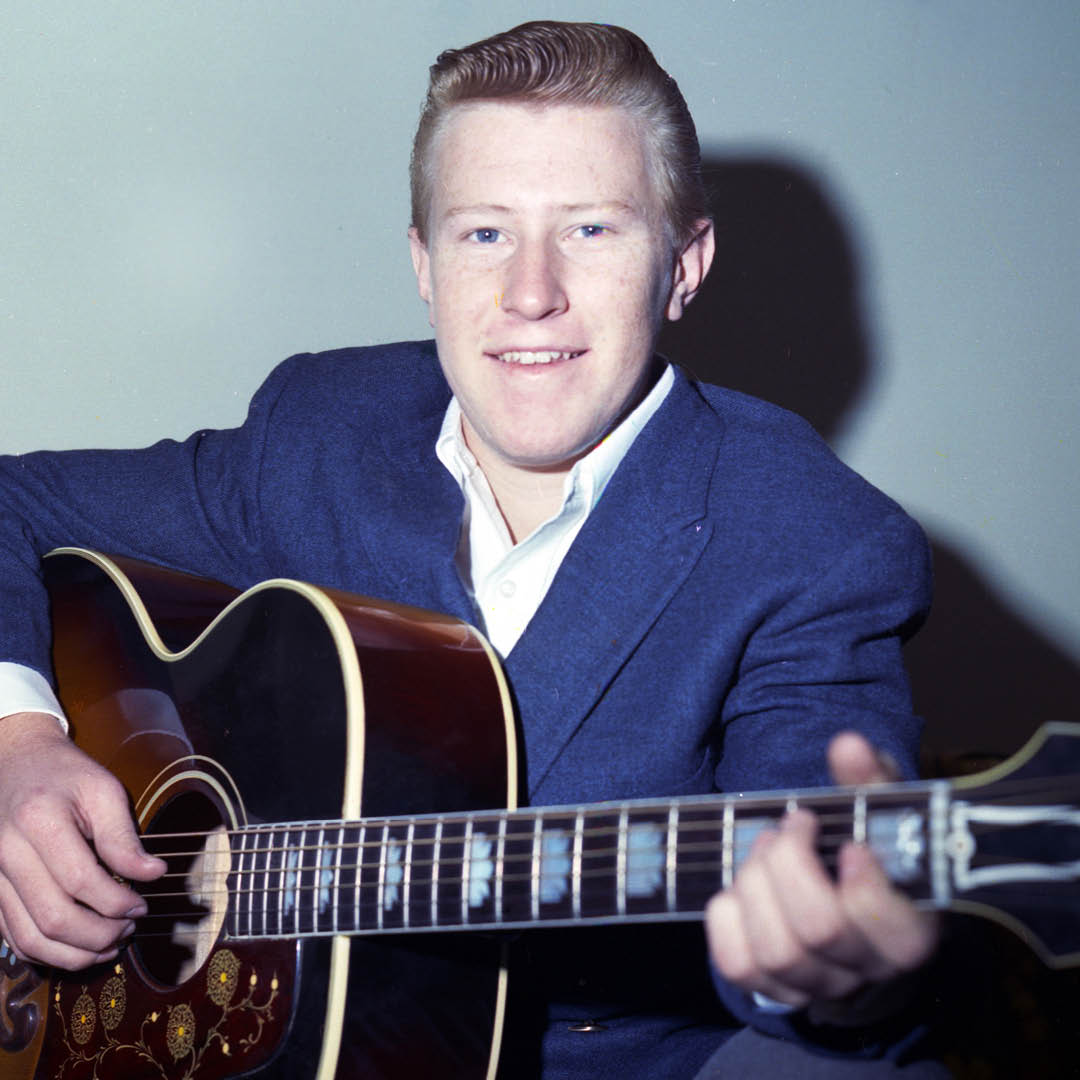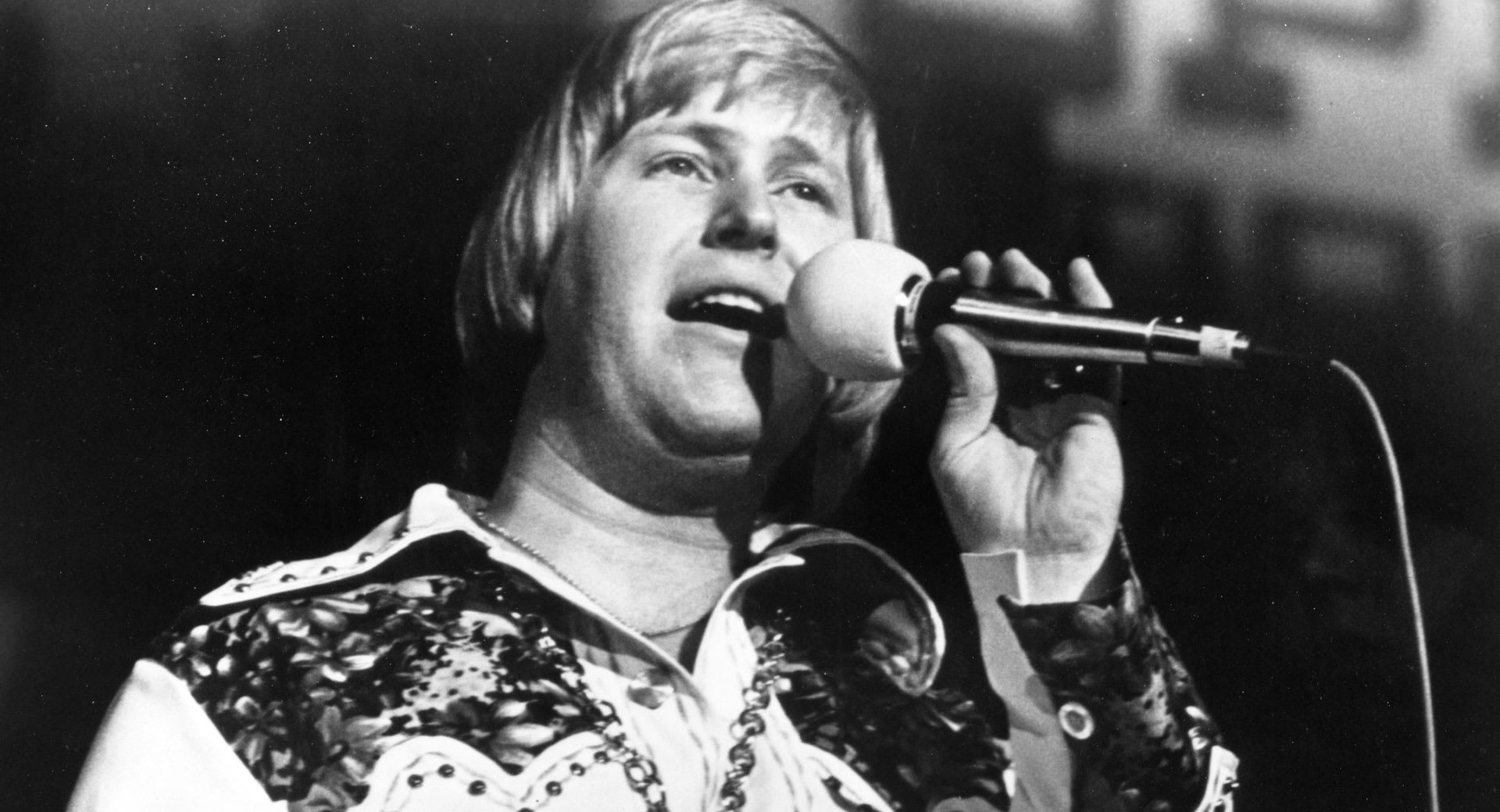Country music star John Wesley Ryles has died at 74, marking a monumental loss for the industry and his many fans.
Country Music Mourns: John Wesley Ryles, Harmony King, Passes at 74
The world of country music reels from a profound loss today. John Wesley Ryles, the velvet-voiced singer whose harmonies wove magic into generations of hits, died on November 2, 2025, at age 74. Heart of Texas Records confirmed the news early Sunday, leaving fans and artists stunned by the sudden void in Nashville's storied soundscape. Details on the cause remain private for now, but the outpouring of grief underscores Ryles' quiet command over the genre he helped define.
From dusty Louisiana airwaves to glittering Grand Ole Opry stages, Ryles built a career that pulsed with raw emotion and technical brilliance. Born in Bastrop in 1951, he first captivated audiences as a boy soprano with the Ryles Family Singers, their gospel harmonies crackling over local radio in the late 1950s. Talent scouts couldn't ignore him. At just 17, Columbia Records signed the teen prodigy, launching "Kay" as his debut single in 1968—a tender ballad that hinted at the heartbreak anthems to come.
Ryles' breakthrough arrived a decade later with "Once in a Lifetime Thing," a 1977 chart-climber that captured love's fragile spark and peaked at No. 9 on the Billboard country survey. Hits like "I've Just Been Wasting My Time," "Fool," and "Shine on Me (The Sun Still Shines When It Rains)" followed, each one a masterclass in storytelling that tugged at blue-collar hearts across America. His voice, smooth as aged bourbon, carried the weight of small-town dreams and lost romances. Even as solo releases tapered after "Nobody Knows" in 1988, Ryles never faded—he simply elevated everyone around him.
Behind the scenes, Ryles reigned as Nashville's harmony wizard, his tenor threading gold through tracks by legends like George Jones, Conway Twitty, and Alabama. He blended so flawlessly that listeners often mistook his parts for the star's own. This unsung role cemented his status as the industry's secret weapon, touching hundreds of albums over five decades. Recent tributes on social media echo this truth, with fans sharing clips of his layered vocals on timeless cuts, reigniting streams and sales in the hours since the announcement.
The pain cuts deep for those who knew him best. His nephew posted a raw farewell on X, writing, "John sang on countless records, always delivering perfect harmonies, and he will be deeply missed by all of us who knew him and loved him." Country hitmaker Mark Wills, whose own career owes a nod to Ryles' influence, shared his devastation on Instagram: "We lost a GIANT in the music industry today. John Wesley Ryles could blend with ANYBODY. His harmonies were flawless, and he was a true gift to every record he touched. My condolences to Joni and the entire family—please lift them up in prayer." These words capture the man beyond the mic: generous, precise, irreplaceable.

John Wesley Ryles, dressed in a sharp blue suit and holding his guitar, exudes the charm and charisma that made him a beloved figure in country music.
The Lasting Fortune: How Ryles' Hidden Harmonies Built a Musical Empire
Ryles' death spotlights a quieter side of country music's powerhouse economy—the lucrative world of session work and its ripple effects on family legacies. While fans cherish his solo gems, his real financial backbone lay in those invisible backing vocals, which generate ongoing royalties every time a track spins on radio, streams online, or sells anew. In plain terms, royalties are like invisible paychecks: a cut of the profits from songs he helped create, paid out for years through mechanical licenses and performance rights organizations like BMI, where Ryles held membership.
This setup turns one-off studio gigs into lifetime revenue streams, often outpacing upfront fees. According to analysis reviewed by Finance Monthly, session artists like Ryles could pocket thousands annually from a single hit's backend earnings, compounding over decades as catalogs get licensed for ads, films, or TikTok virality. Music business attorney Donald Passman, whose book All You Need to Know About the Music Business has guided artists for 30 years, explains it starkly: "Background vocals aren't background income—they're the glue holding the revenue together, ensuring contributors share in the long tail of a song's life." Passman's insight highlights why Ryles' estate stands resilient amid grief.
So what does this mean for everyday listeners hooked on country playlists? It reveals how the music filling your truck or phone relies on a web of shared earnings that keeps creators' families afloat long after the lights dim. One anonymized example: a mid-1980s session singer saw $50,000 in royalties from a platinum album's reissues alone, per industry benchmarks from the Recording Industry Association of America. For Ryles, with credits on over 500 tracks including Twitty family staples, this could translate to steady flows supporting his widow, Joni Lee Ryles—daughter of the late Conway Twitty, whose own catalog still rakes in $2 million yearly, per public filings.
Consumers, take note: In an era of streaming wars, your Spotify habits directly fuel these legacies. To honor Ryles and savvy up your own music spending, dive into royalty trackers like SoundExchange's public reports—search for artists you love and see their earnings breakdown. It's a fresh lens on value: next time you queue up "Louisiana Rain," know your play chips in on the harmony that made it soar. This isn't just nostalgia; it's a blueprint for how fans can amplify voices that shaped the sound.
Ryles leaves behind Joni, his partner of decades, along with a discography that defies time. As Nashville gathers for memorials—rumored for later this month—his voice lingers in every layered chorus, a defiant echo against silence. Country music's heart beats on, richer for the man who harmonized its soul.
Echoes of a Legend: Answering the Questions on Everyone's Mind
What Was John Wesley Ryles' Net Worth in 2025?
Estimates place John Wesley Ryles' net worth at around $4 million at the time of his passing, drawn largely from decades of solo royalties, session fees, and investments tied to his BMI catalog. This figure, compiled from industry trackers and adjusted for recent streaming upticks, reflects the enduring payout of his 500-plus recording credits—far more than many solo acts achieve.
Who Will Inherit John Wesley Ryles' Estate?
Public records and family statements indicate that Ryles' estate, valued at approximately $4 million, will primarily pass to his wife of over 40 years, Joni Lee Ryles. As the sole surviving immediate family member mentioned in recent tributes, she stands to inherit his music royalties, real estate in Hendersonville, Tennessee, and personal assets. No public will has surfaced yet, but Tennessee probate laws favor spousal succession in such cases, ensuring Joni's role in managing his BMI-affiliated catalog for ongoing income.
How Did John Wesley Ryles Shape Nashville's Sound?
Ryles revolutionized session harmonies, lending his pitch-perfect tenor to icons from George Strait to Reba McEntire, often uncredited yet pivotal. His work on 1970s-80s blockbusters elevated their emotional depth, influencing modern producers who chase that seamless blend in today's digital mixes.














